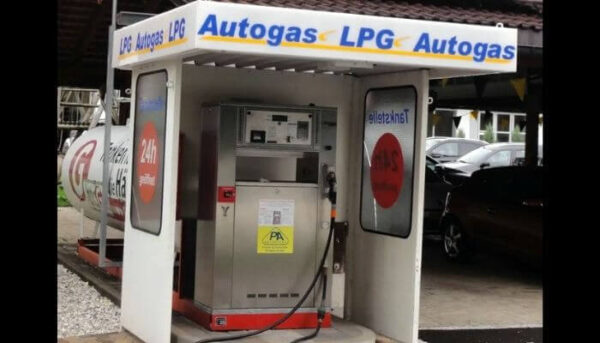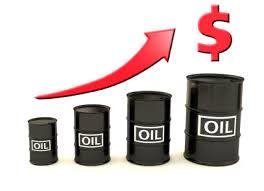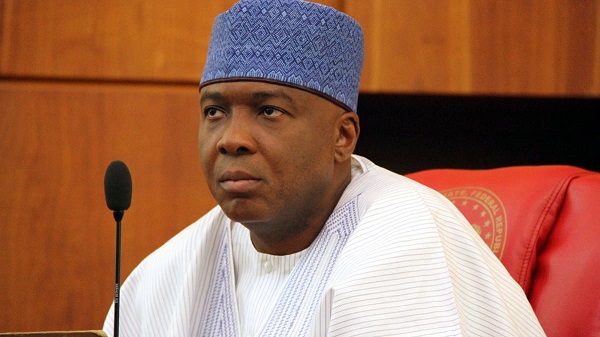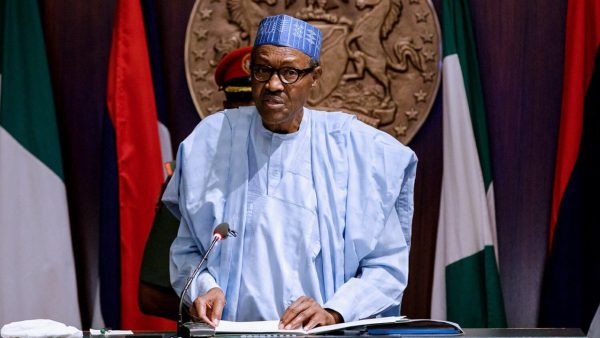FG’s autogas programme seen having little impact on petrol subsidy
As part of its plans to mitigate the effects of removing petrol subsidies, the Federal Government is seeking to convert one million petrol-powered vehicles into gas vehicles, but the programme could do little to dent the damage subsidy is causing, analysis shows.
BusinessDay sampled the views of some analysts about the programme and they expressed the view that substituting Compressed Natural Gas (CNG) for petrol is technically difficult within the limited time frame and would have little impact on petrol subsidies.
Under the Federal Government’s plan, autogas would be an alternative fuel for transportation in Nigeria, in line with the approved National Gas Policy.
In a recent meeting with marketers, Timipre Sylva, minister of state for petroleum resources, said issues relating to structures required to ensure the smooth deregulation of the petroleum downstream sector were not yet in place.
The minister said before the petrol subsidy can be removed, there must be the conversion of a critical amount of vehicles into gas-powered vehicles, and corresponding refueling centres to make the autogas programme work.
“Part of our engagement with stakeholders was that we should have about 1 million vehicles converted and we have gotten the commitments of Original Equipment Manufacturers (OEMs), to give us half of what is required.
“The OEMs are not Nigerians and they would need to partner with credible marketers on the installation of refueling and converting centers.
“We are working to Convert 1million public transport vehicles and install 1,000 refueling centers within 36 months,” he said.
On the new structure of the programme, Brenda Ataga, a technical adviser to the minister, explained that three years was the average time frame for the 1 million vehicle conversion to occur. It is expected that 200,000 vehicles would be converted in the first year, 300,000 in the second, and 500,000 vehicles in the third year.
According to Ataga, the government is expected to provide 50 percent of the needed investment, which would go towards the provision of conversion kits and refueling stations.
However, analysts say the available distribution infrastructure for CNG in the near term is such that conversion would substitute less than 10 percent of the petrol currently being consumed.
Olufola Wusu, partner at Megathos Law Practice, told BusinessDay that while the use of natural gas as transport fuel can reduce greenhouse gas emissions by up to 30 percent when compared to petrol and diesel, it was cheaper and can create new jobs ranging from CNG technicians to safety experts. However, its adoption in Nigeria is challenged by the lack of refueling stations, high cost of CNG vehicles and conversion kits, and the low level of consumer acceptance.
Models from other countries point to potential problems with the Nigerian proposal. Egypt had subsidised fossil fuels for decades but gradually phased them out under a three-year International Monetary Fund (IMF) programme that ended in 2019. The North African country introduced a $0.02 tax on each litre of petrol sold in 2020.
Unlike other countries where CNG conversion programmes have succeeded, gas could displace other fuels like petrol and diesel because they are heavily taxed, but Nigeria does not charge Value Added Tax on refined petroleum products sold at retail outlets.
Industry operators say high taxes are needed because CNG vehicles are more expensive than petrol or diesel vehicles, and vehicle owners must be able to recover the cost of the vehicle conversion or the higher purchase price of an equivalent CNG vehicle through lower fuel prices.
In Nigeria, the process of converting one million vehicles could likely take years considering the poor state of conversion infrastructure and low awareness by the people.
Secondly, the location of gas pipelines in the south raises regional challenges, as the northern states would have to rely on liquefied natural gas transported by truck, which adds substantially to the cost of supply.
Currently, industries in the north are only able to keep the lights on because of virtual pipelines. The extra cost could be easily recovered by the industries but not by individual gas vehicle owners.
The proposal to subsidise part of the conversion cost for the one million gas vehicles, would amount to replacing one subsidy with another.
Conversions may not be entirely free for the first million
vehicles owners because vehicles would have to be inspected and possibly repaired before conversion.
Some operators had in the past called on the government to adopt a phased implementation of fossil fuel replacement with gas vehicles beginning with the government’s commercial fleet, removal of duties on conversion kits, and a long-term repayment plan for the cost of conversion.
It is not clear how this would be completed within the next 18 months the government has set to remove subsidies, indicating that petrol subsidies could continue much longer than anticipated.








